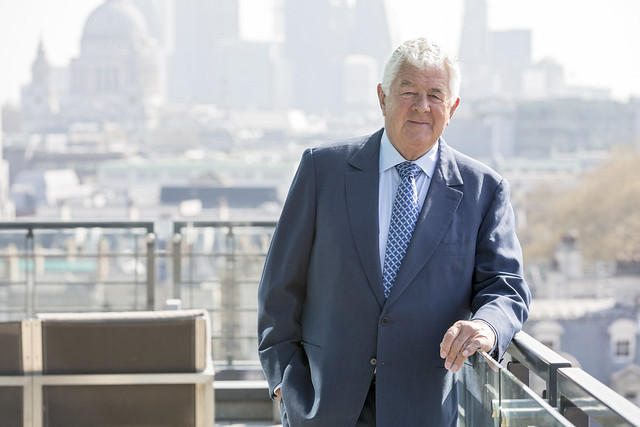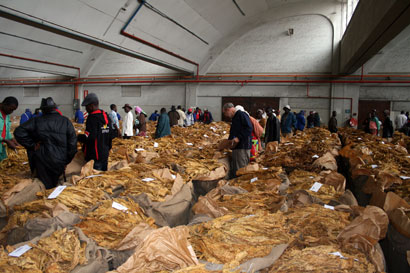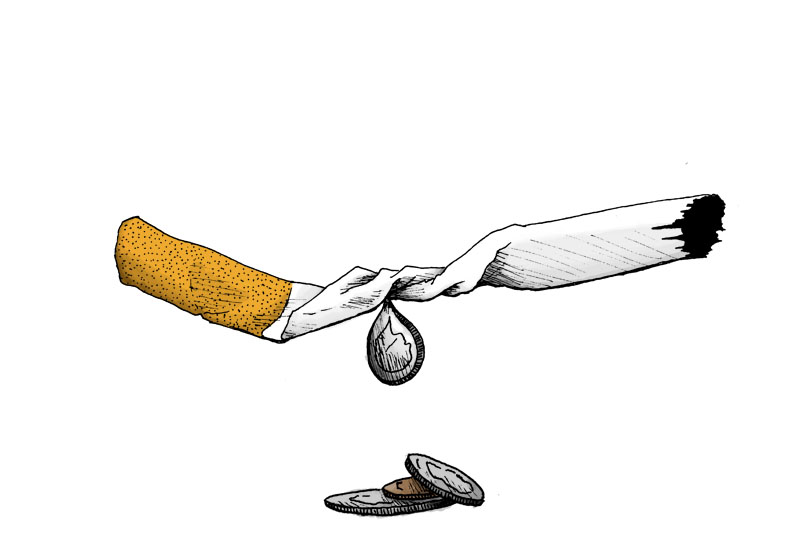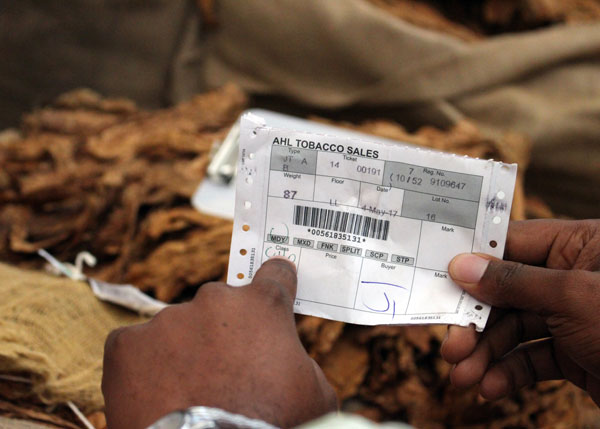Philip Morris International (PMI) is warning that the company may close its Hong Kong research center in light of government proposals to ban e-cigarettes and other new smoking products. PMI has invested more than hkd78 million ($ 10 million) in the Wong Chuk Hang facility, which opened in July 2018.
Brett Cooper, general manager of the Hong Kong and Macau branch of Philip Morris Asia, said the company had been lured to set up the facility in Hong Kong on the promise of innovation and technology, but now the possible closure of the site could put the jobs of more than 60 local employees at risk.
“There hasn’t been a lot of clarity … the government has changed its mind a little bit. I think that it could have been clearer, as that could help us in terms of investment,” Cooper said.
A spokesman for the Food and Health Bureau said that the government is aiming to pass the bill to ban e-cigarettes and other smoking alternatives as soon as possible.











